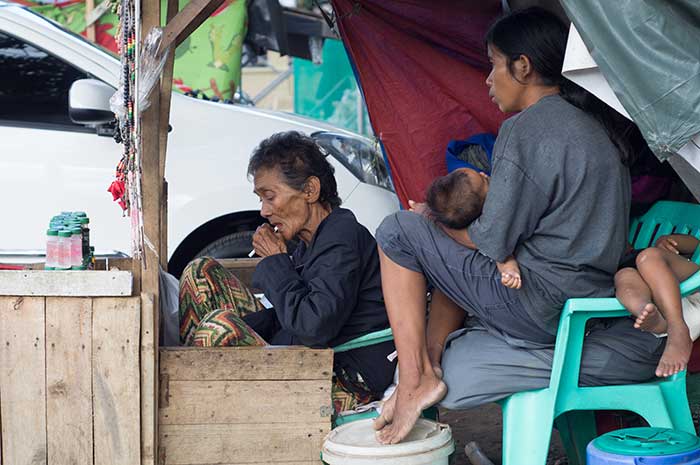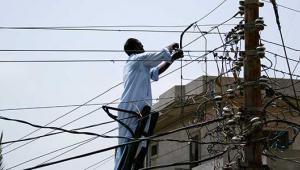poor_family_philippines.jpg

A family selling candles in the Philippines
The country’s flagship programme provides regular grants to millions of its poorest families provided they send their children to school, visit health centres and attend family development sessions, with the aim of ensuring young people grow up healthier, better educated, and able to break out of the poverty trap.
This will help the Philippine government support more families, including those with children at high school, said Karin Schelzig, senior social sector specialist at the ADB’s Southeast Asia Department.
“This is important, as impact evaluation shows that the [cash transfers] are keeping vulnerable young people at school, opening the door to a better future.”
The new funding will finance a share of the grants to all participating households worldwide, more than 93% of whom regularly meet the conditions for receiving the grants, well in excess of the programme’s 80% target.
Performance targets for women’s participation, school enrolment rates and other key indicators have also exceeded, while impact studies have found no evidence receiving the grants discourages adults from seeking paid work.
Since it began in 2008, the programme has expanded rapidly, from covering 340,000 beneficiaries to more than 4.4 million at the end of 2015 – making it the fourth-largest conditional cash transfer scheme after programmes in India, Brazil and Mexico.
The ADB approved an initial loan for the programme in 2010 which improved its poverty targeting system, financed cash grants for 637,000 selected households, built capacity among staff and provided support monitoring and impact evaluation.
In addition to the new loan, the ADB will also provide a technical assistance grant of $1m to provide policy and advisory services, helping the Philippines’ Department of Social Welfare and Development strengthen programme management, assess adjustments and undertake spot checks on implementation.
The loan will be provided over four years to December 2019. The Philippine government has also sharply scaled up its support for the programme, with a budget of around $1.3bn for 2016.













